“I suppose when you do something for the first time, you always get nervous. At 62, that doesn’t happen often anymore — but this time, it did,” said Viktor Orban on Hotel Lentulai when asked if he had felt nervous while speaking with Tibor Kapu.
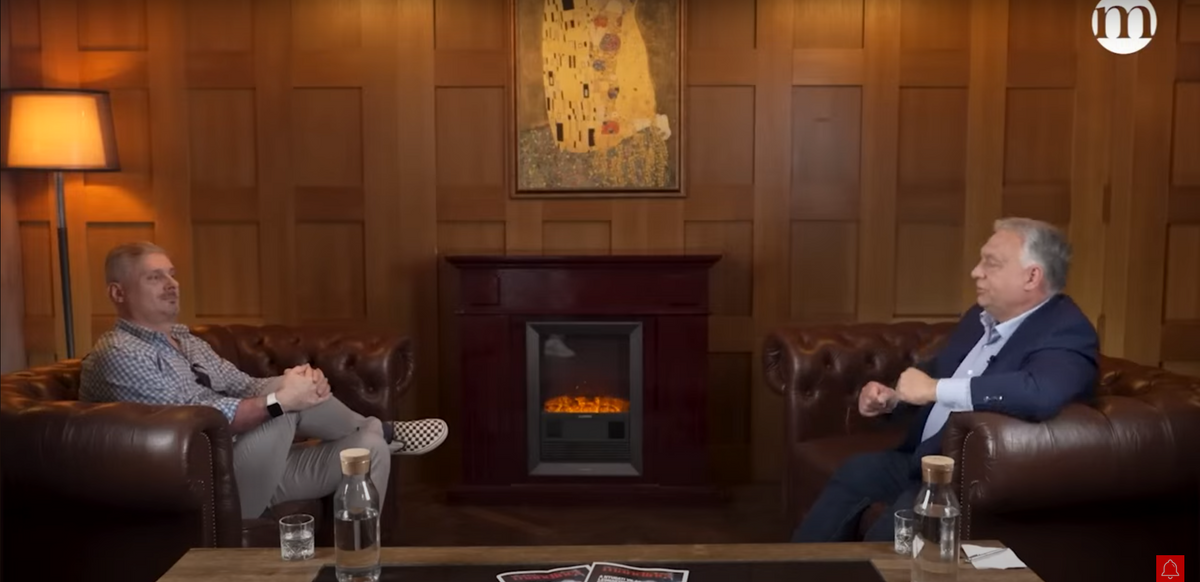
According to Mr. Orban, it is difficult to find points of consensus in Hungarian society because “this is who we are.” The prime minister recalled that similar debates took place in the past over the construction of the Chain Bridge or the new Parliament building.
We are Hungarians. This is our nature,
– he remarked, responding to those who have voiced skepticism or grumbled about Kapu Tibor’s space mission. The prime minister said critics have raised a familiar question — one he himself posed to the astronaut just a few days ago:
Why do we even need to send a human into space?
PM Orban said he was told by Mr. Kapu that the experiments he will conduct are Hungarian, and the findings will provide valuable information for Hungarian researchers. Mr. Orban added that there is another side to the debate: some people in Hungary believe the country should not aspire to influence great matters and should be content with being small.
But we Hungarians are capable of anything—if we pull ourselves together,
– he said, summarizing the attitude of one segment of society.
This is a cultural divide — one that politics may reflect, but not create, according to Mr. Orban, who emphasized that when Kapu Tibor arrived in space, he was looking to spot Hungary — and that is what matters.
Orban: “I’m convinced we’ll play in a World Cup final in my lifetime”
Mr. Orban said he is not particularly devoted to foreign soccer teams — perhaps only to Real Madrid because of Puskas. These days, he watches Liverpool games because of Dominik Szoboszlai and Milos Kerkez.
Reflecting on the death of Diogo Jota, PM Orban said he was shaaken by the news, and he thought of the poor Portuguese player’s mother, who lost both her children in an instant. And he felt, because he had watched Szoboszlai’s matches, that this was a personal tragedy.
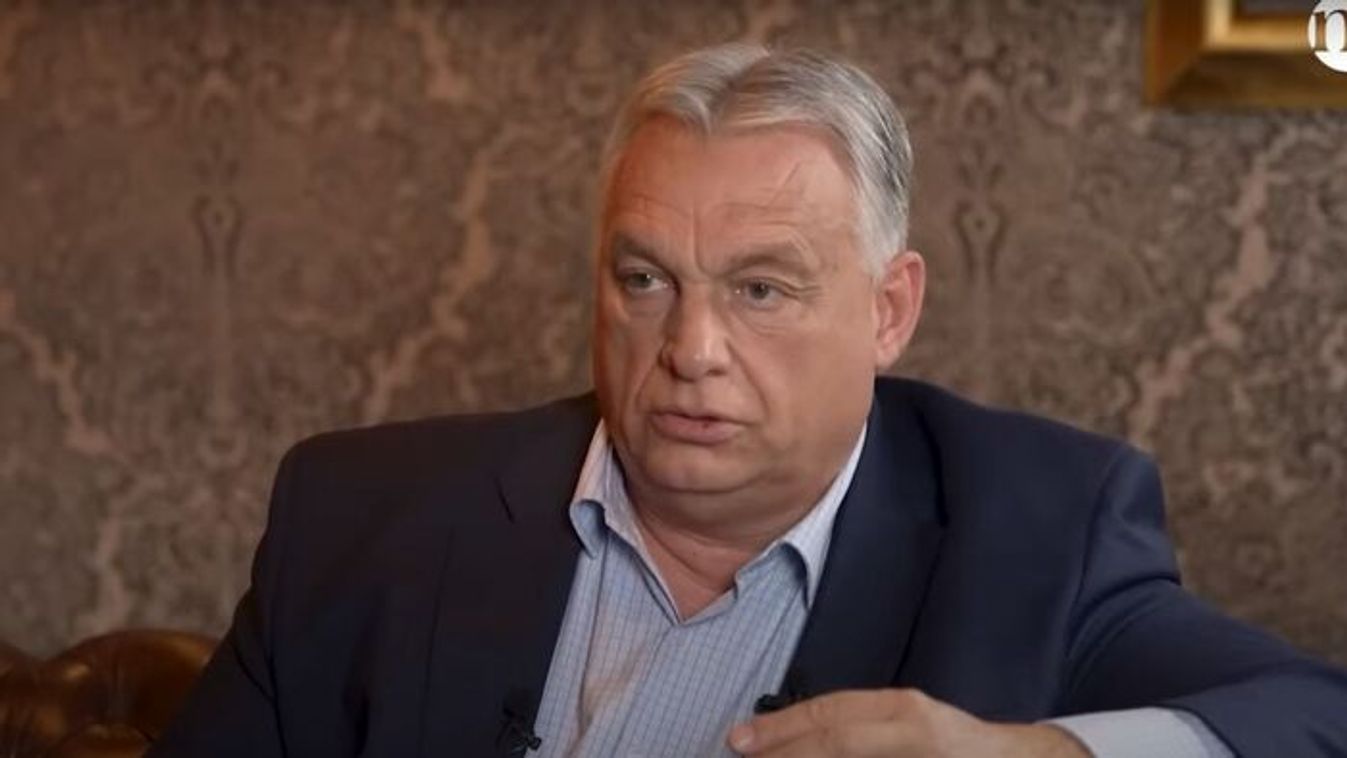


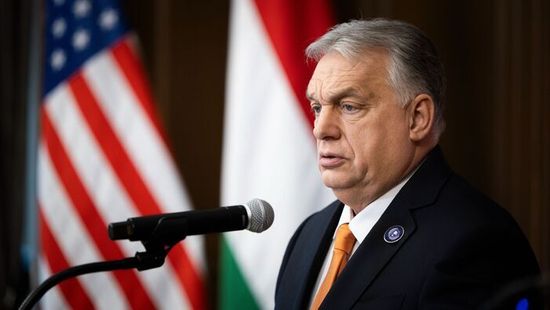
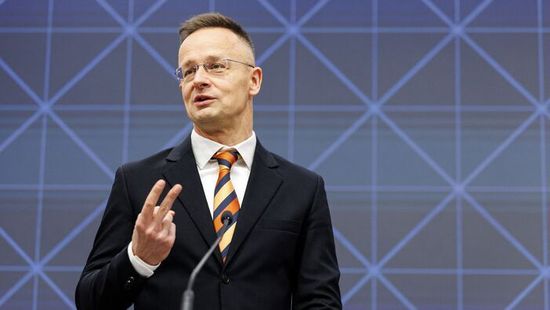


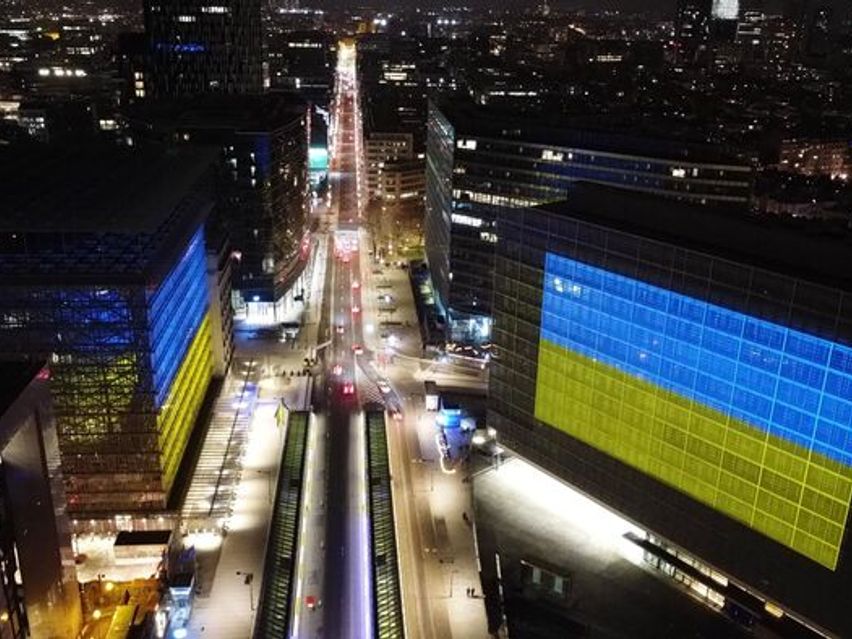

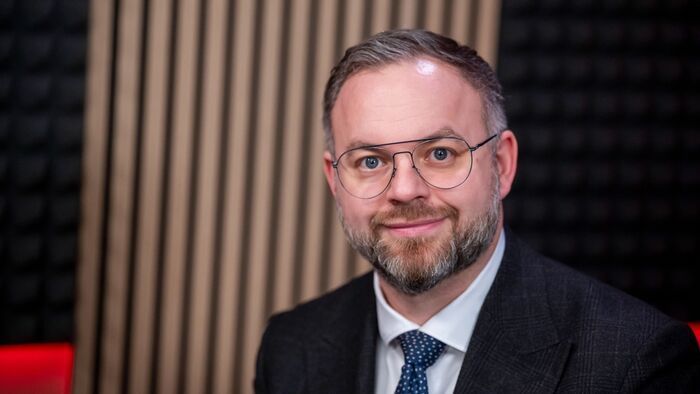

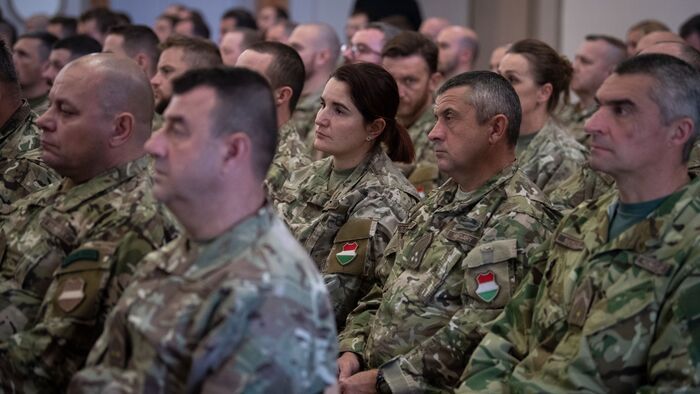

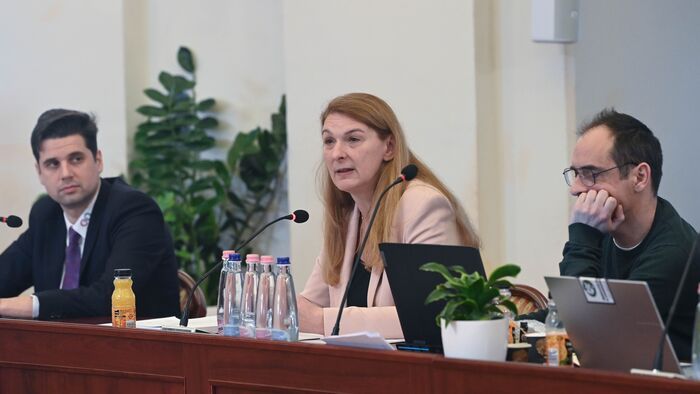
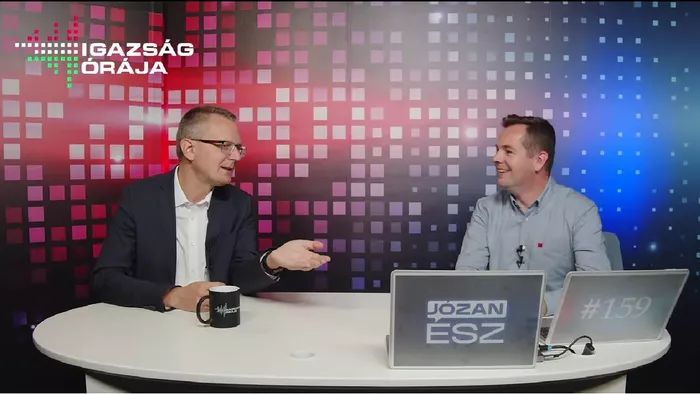
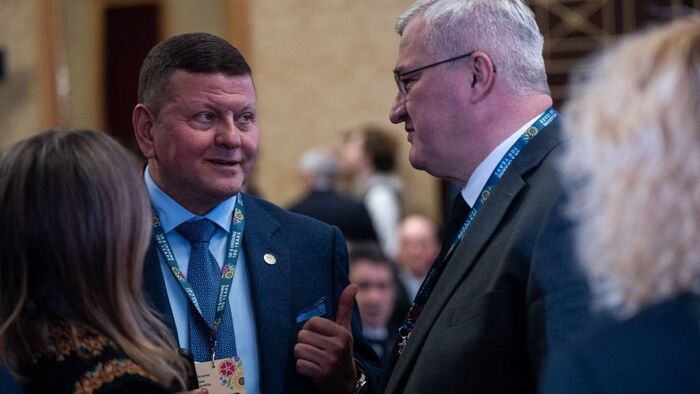

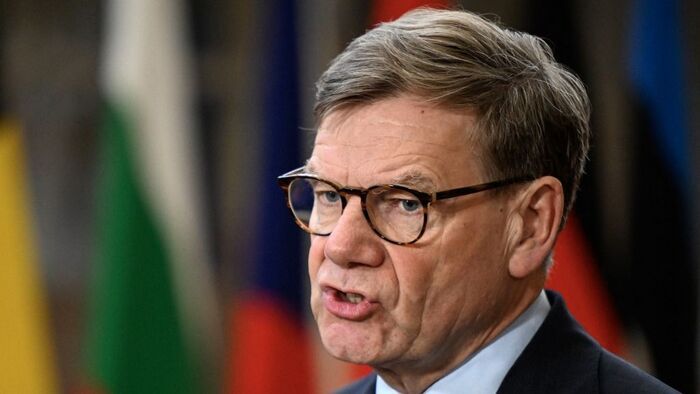
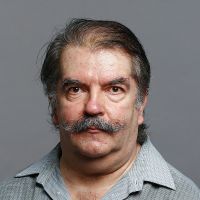


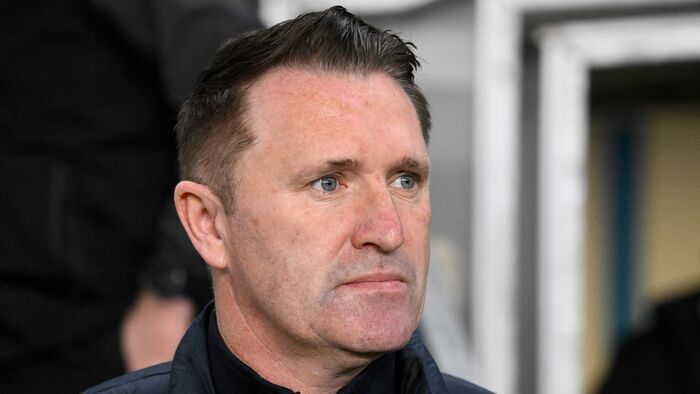

Szóljon hozzá!
Jelenleg csak a hozzászólások egy kis részét látja. Hozzászóláshoz és a további kommentek megtekintéséhez lépjen be, vagy regisztráljon!